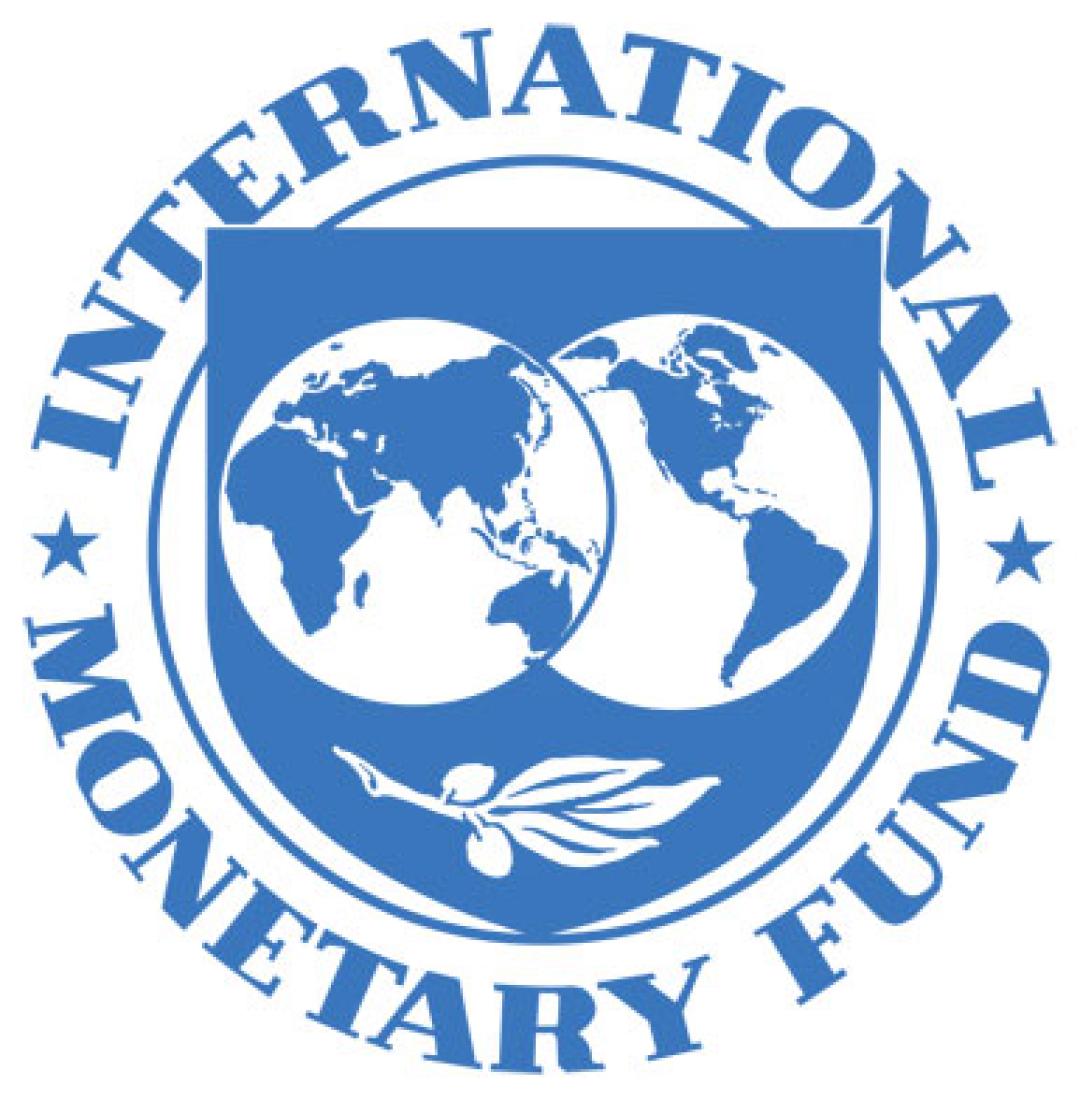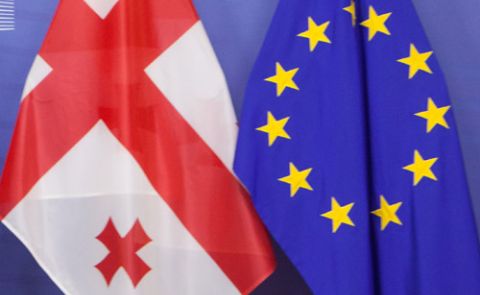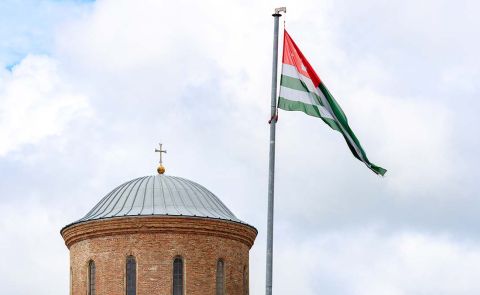
Recommendations from the IMF to Azerbaijan

The International Monetary Fund (IMF), which established consultations with Azerbaijan in 2006 without credit debts, has announced the results of its consultations for 2021.
The IMF shared its views on the "weaknesses" of the government's strategy, which poses risks to the development of the Azerbaijani economy.
Earlier, the IMF held similar consultations with the government in 2019, and in 2020 no such talks were held on key areas of macroeconomic policy due to the global crisis related to the COVID-19 pandemic.
The IMF said in its latest report that "fiscal consolidation (income consolidation) may begin in 2022 in line with growth," but high oil prices should not be relied upon (although there may be unexpected gains), and a gradual reduction in non-oil deficits is needed.
The document notes that the government sees a key role in consolidating expenditures, but measures to increase non-oil revenues can help adjust budget execution.
As for oil revenues, according to IMF experts, given the inconsistency with the preservation of financial stability and the forecast of depletion of oil reserves in Azerbaijan, it is impossible to take an expansionist position in the development and sale of energy resources for the sake of justice.
The IMF believes that from 2022, with the long-term consolidation of budget revenues and expenditures, the government must not forget to implement measures to protect vulnerable groups, support education and health to increase inclusion and productivity.
"Gradual structural and financial sector reforms are also important to mitigate the negative growth effects of consolidation," the IMF said.
As for the banking sector, further easing of monetary policy continue.
The IMF believes that in the medium term, the CBA should consider the possibility of a gradual transition to a more flexible exchange rate regime, although measures to maintain the exchange rate (national currency) and inflation were effective.
"A more flexible exchange rate will facilitate adaptation to oil price shocks, reduce the burden of fiscal policy adjustments and support economic diversification and market development. The difference between the de jure flexible exchange rate regime and its de facto retention regime in relation to its inflation targeting policy poses a risk of confidence in such a policy and requires its immediate resolution,” IMF experts said.
According to the IMF, "a purposeful and phased plan is needed for the gradual elimination of exceptional prudential mitigation measures applied in Azerbaijan in response to the pandemic from 2022."
According to IMF experts, GDP growth in Azerbaijan in 2022 will be 1.7% (the Fund's forecast was 2.3% in October), plus 0.2% for oil GDP (unchanged), and 2% for non-oil GDP may be 5% (the forecast was 3.5%).
Inflation may fall to 3.2%.
According to the Ministry of Economy of Azerbaijan, GDP growth in Azerbaijan in 2022 will be 3.9% (growth rate of oil GDP 1.8%, non-oil 4.9%), and inflation in 2021 It is expected to be 4% in 2022 against more than 6%.
Azerbaijan joined the IMF on September 18, 1992. Azerbaijan's share in the IMF quota is 391.7 million Special Drawing Rights. The quota determines the right to vote in the IMF, the membership fee and the amount of credit that can be taken from the IMF.
Azerbaijan is represented by the Minister of Finance of Azerbaijan Samir Sharifov as the head of the IMF and the chairman of the Central Bank of the Republic of Azerbaijan Elman Rustamov as an alternative head.
The IMF organises an annual mission to Azerbaijan to analyse the country's monetary policy.
See Also


BP Strengthens Presence in Azerbaijan’s Offshore Energy Sector

Netanyahu’s Letter to Aliyev: Mutual Trust, Solidarity Following Hamas Attacks, Facilitating Dialogue Between Israel and Türkiye

Azerbaijan Expands JF-17 Thunder Fighter Jet Order from 16 to 40 Units

EU Commissioner and NATO PA Warn Georgia Over Democratic Decline Amid Accession Challenges

